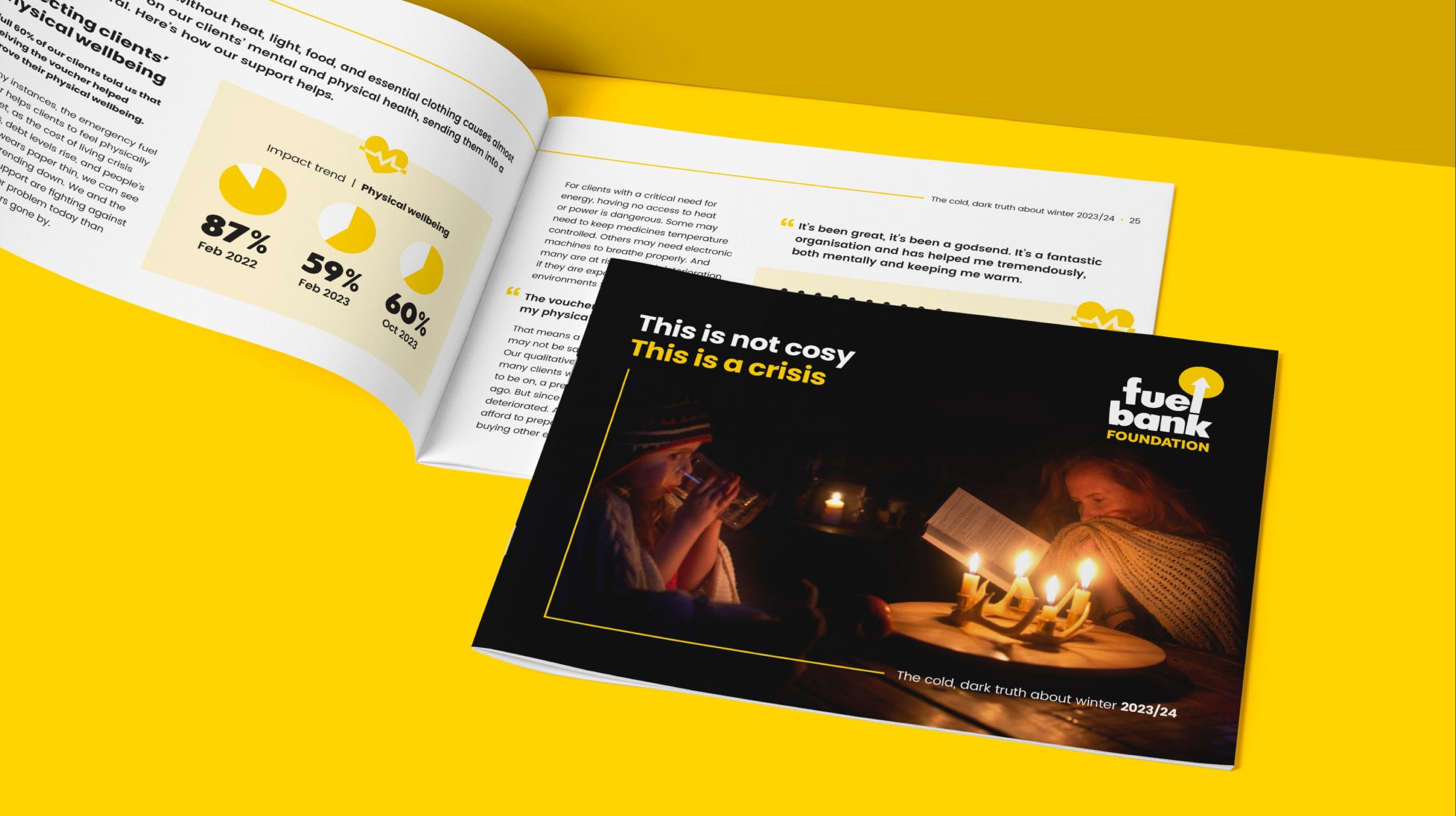Fuel Bank Foundation, which provides emergency financial support to homes that have prepayment gas and/or electricity meters or use alternative fuels, said many of the basics people take for granted, such as cooking a meal, having a hot shower or bath, or washing clothes, have become “nice to haves” for households struggling to cope with higher fuel, food and other essential bills.
A survey of people the charity has helped in the past 12 months found rationing heating, hot water, and not using household appliances were some of the most common ways people tried to save energy and money. Skipping meals and buying less food were also commonplace.





